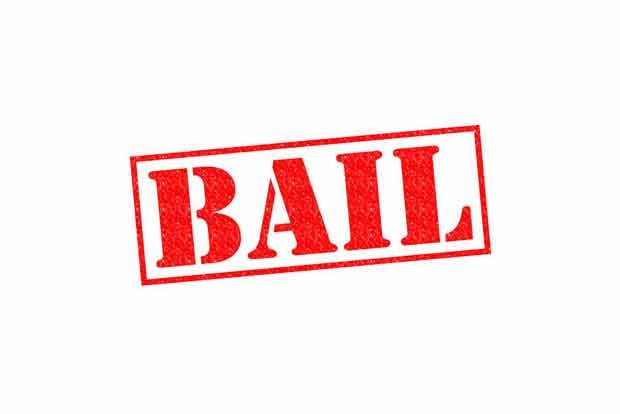Vinothkannan Vs. The State
Dated: 14/08/2023
CORAM: THE HON-BLE MR JUSTICE G.ILANGOVAN
Crl.OP(MD)No.14631 of 2023
Introduction:
The presented case involves a bail application under Section 439 of the Code of Criminal Procedure (Cr.P.C.) filed by the petitioner, Vinothkannan, who has been arrested and remanded to judicial custody for his alleged involvement in various criminal offenses. The case is being heard by the Madurai Bench of the Madras High Court, presided over by Justice G. Ilangovan. The petitioner seeks bail in connection with Crime No.63 of 2023, which has been filed against him by the State through the Inspector of Police, Pallathur Police Station, Sivagangai District.
Background of the Case:
The prosecution’s case revolves around a complaint lodged by the de-facto complainant, alleging that the petitioner, along with his co-accused Rajesh Kanna, had pressured her into handing over her gold jewellery (22½ sovereigns) in lieu of raising money for a land purchase. The petitioner and his brother were accused of not fulfilling their promise and attempting to attack her and her sister when they sought the return of the jewellery. Consequently, charges were framed against them under various sections of the Indian Penal Code (IPC) and the Tamil Nadu Prohibition of Harassment of Women Act, 2002.
Contentions of the Parties:
The petitioner’s counsel argued that the jewellery was handed over to A1 (Rajesh Kanna) and not directly to the petitioner. They also claimed that the petitioner had filed the bail application after A1 was granted bail and that the complainant’s objections were driven by an alleged illegal relationship between her and A1, which the petitioner had criticized. The petitioner maintained that the jewellery in question was his and had been pledged in his own name.
However, the Additional Public Prosecutor (APP) contended that both the petitioner and A1 were responsible for receiving the pledged jewellery, making the redemption and return of the jewellery a pre-condition for granting bail to the petitioner. The complainant’s side presented evidence, including details of the jewellery and photographs, to support her ownership claim.
Analysis:
The court’s analysis focused on several key aspects:
- Ownership of the Jewellery: The dispute over the ownership of the pledged jewellery was a central concern. The complainant provided details and photographic evidence to establish her ownership claim, while the petitioner argued that the jewellery belonged to him and was pledged in his name.
- Parallel Proceedings: The court acknowledged that the ownership dispute and the determination of to whom the jewellery belonged were matters for the investigating officer to decide. It pointed out that civil proceedings could be initiated to recover the jewellery if necessary, while criminal investigations were ongoing.
- Bail Consideration: The court noted that A1 had been granted bail, implying that the same consideration should be extended to the petitioner. It emphasized that prolonging the petitioner’s judicial custody was unnecessary, and his bail application should not be rejected solely on the basis of objections raised by the complainant.
- Conditions of Bail: The court was inclined to grant bail to the petitioner while imposing conditions. The petitioner was required to execute a bond of Rs. 10,000 with two sureties, appear before the judicial magistrate, and report to the police daily at 10:00 a.m.
Conclusion:
In conclusion, the court’s decision to grant bail to Vinothkannan hinged on several factors, including the ownership of the pledged jewellery, the parallel civil and criminal proceedings, and the consideration of the petitioner’s bail in comparison to his co-accused A1. The court emphasized the need for both parties to cooperate with the investigation and present evidence of ownership if necessary. This case analysis highlights the court’s approach to evaluating bail applications, considering both legal and factual aspects while upholding the principles of justice and fairness.
“PRIME LEGAL is a full-service law firm that has won a National Award and has more than 20 years of experience in an array of sectors and practice areas. Prime legal fall into a category of best law firm, best lawyer, best family lawyer, best divorce lawyer, best divorce law firm, best criminal lawyer, best criminal law firm, best consumer lawyer, best civil lawyer.”
Written by- Shreeya S Shekar


